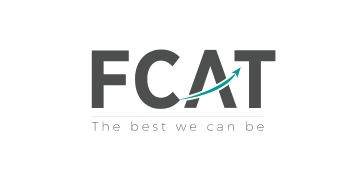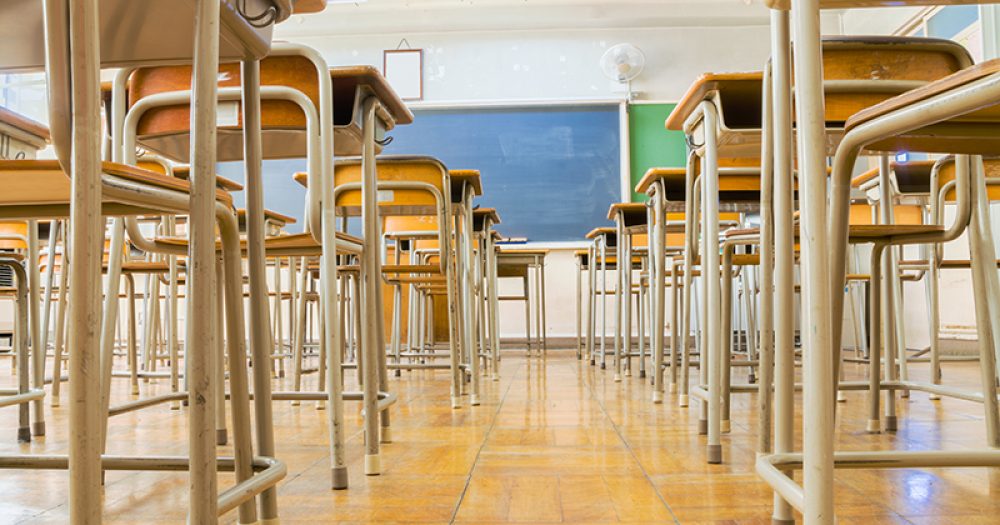The government has shredded exam papers for this year’s cancelled SATs and phonics tests – writing off the £2.7m they cost to produce.
The Standards and Testing Agency said they were concerned about the potential degradation of the papers and the costs of storing them for later use after exams were cancelled because of the coronavirus pandemic.
Instead the estimated nine million key stage 1 and 2 and phonics screening test papers have been shredded and recycled.
The significant sum of money could have been used to support schools as they recover from the disruption of the pandemic
The printing and collation costs of the papers totalled £2.7 million, which has been recorded as a “constructive loss”.
This is the first year that management of the tests, including printing and marking, has been run by private firm Capita as part of a six-year outsourcing deal worth £109 million.
Nansi Ellis, assistant general secretary of the National Education Union, said: “Like many arrangements between government and the private sector, this whole process is both wasteful and obscure.”
She highlighted a report by government auditors in 2018-19 that warned of “significant weaknesses” in the STA’s oversight arrangements for the contract.
“Now we find the STA unconvincingly justifying the write-off of a significant sum of money which could have been used to support schools as they recover from the disruption of the pandemic,” Ellis added.
The government insisted the decision to shred the papers was made by the STA. Capita did not want to comment.
The STA’s annual accounts, published last week, state the cost of storage for the phonics and key stage 1 papers was the equivalent of “reprinting the papers”, so “by destroying the papers any further risks were mitigated”.
SATs tests have been disrupted by leaked papers in previous years.
Meanwhile for the key stage 2 papers, the STA said there is expected to be “significant degradation of the paper over a 12-month period”.
“The impact of the degradation is that the paper may not be sufficient quality to allow for materials to be scanned which is a requirement within the assessment process to enable marking. This risk is considered too high to allow these materials to be reused in 2021.”
The Department for Education added it was also concerned about the potential degradation of materials “impacting on the test experience for pupils”, as well as the ability to “scan test scripts to speed and scale for marking”.
They added the “risks to delivery therefore were too great to store and reuse”. But the content for the 2020 papers will be preserved for future years.
Capita would not provide further information about the storage costs.
But to provide some sort of context on the scale of the operation: a ream of 500 sheets of papers is 5.2 cm thick, meaning a stack of one million papers on top of each other would be 104 metres high.
The nine million papers shredded this year, stacked on top of each other, would reach 936 metres high – roughly three times the height of the Eiffel Tower. However that’s also assuming each test paper is just one sheet, where in reality they have multiple pages, meaning the true figure is likely to be much higher*.
STA was concerned about the potential degradation of materials impacting pupils’ test experience
Capita’s six-year contract, covering the 2020 to 2024 test cycles, started in September last year following a “phased transition” from September 2018.
The firm provides services such as printing, distributing and marking of the papers, which were previously delivered through different contracts.
But it’s not been without problems.
Schools Week revealed last year how the STA paid out £3 million to education giant Pearson to settle a dispute over the Capita contract. Pearson had previously held the contract for marking key stage 2 papers before the new Capita deal.
Neither Pearson nor the DfE would explain specifically what the payment was for, citing legal restrictions.
The DfE’s 2018-19 annual report also revealed the Government Internal Audit Agency had given a “limited” rating to the STA’s “test operations readiness” for the contract.
This meant there were “significant weaknesses in the framework of governance, risk management and control such that it could be or become inadequate and ineffective”.
The GIAA audit was undertaken following an invitation from the STA in September 2018. The DfE said at the time the resulting recommendations had been addressed.
Meanwhile, exam boards have said they are holding on to the papers for this summer’s cancelled GCSE and A-levels.
Edexcel said all its papers were printed and ready to go. But they will instead use the papers for the autumn series of resits, where exams in all subjects will be offered for pupils unhappy with their calculated grade.
OCR said it was part way through printing this summer’s papers and is “currently reviewing options to maximise our ability to respond to any future challenges caused by coronavirus”.
The papers are being “stored safely” while they review the situation.
Update: The government paid £55,000 to have the papers shredded by Restore Datashred, which was done through a variation of an existing contract. The cash was paid by the STA, on top of the contract payments to Capita.
*A much more detailed calculation on the size of the nine millions papers has been done after our article (and takes into account how many sheets are in each paper). It states the actual height of the papers could be 25 times the height of the Eiffel Tower.








Lord Agnew where art thou!
The cost of these tests is another argument for their abandonment. Save money as well as saving time on unnecessary practice – time which could be used for education not coaching.
All I can say is silly goverment. If they had used Shred Station then we would have turned that cost into nagative and given a rebate back for the paper while shredding it securely!